Petrochemicals rPETRecycling CrudeOil 29-03-2021 - Arhive
Petrochemicals rPETRecycling CrudeOil
Petrochemicals Naphtha PETRecycling PET Trend
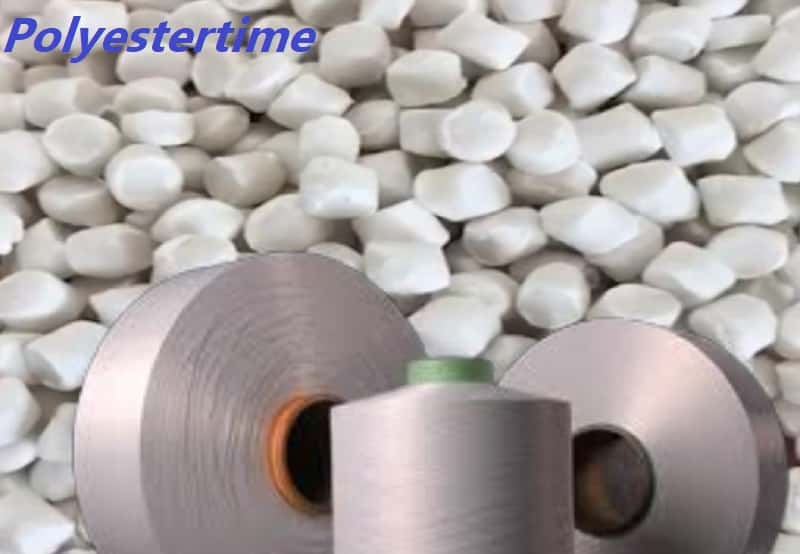
Crude Oil Prices Trend

Efforts to shift from petrochemical plastics to renewable and biodegradable plastics have proven tricky — the production process can require toxic chemicals and is expensive, and the mechanical strength and water stability is often insufficient. But researchers have made a breakthrough, using wood byproducts, that shows promise for producing more durable and sustainable bioplastics.
A study published in Nature Sustainability, co-authored by Yuan Yao, assistant professor of industrial ecology and sustainable systems at Yale School of the Environment (YSE), outlines the process of deconstructing the porous matrix of natural wood into a slurry. The researchers say the resulting material shows a high mechanical strength, stability when holding liquids, and UV-light resistance. It can also be recycled or safely biodegraded in the natural environment, and has a lower life-cycle environmental impact when compared with petroleum-based plastics and other biodegradable plastics. Petrochemicals rPETRecycling CrudeOil
“There are many people who have tried to develop these kinds of polymers in plastic, but the mechanical strands are not good enough to replace the plastics we currently use, which are made mostly from fossil fuels,” says Yao. “We’ve developed a straightforward and simple manufacturing process that generates biomass-based plastics from wood, but also plastic that delivers good mechanical properties as well.”
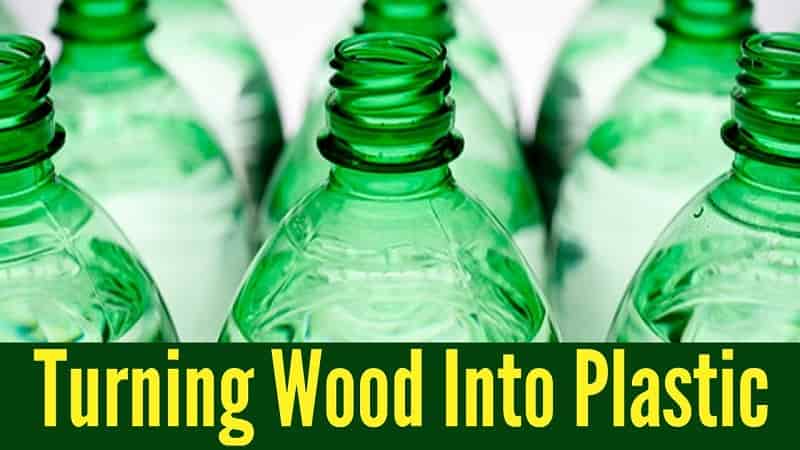
-Injection molder invests in Roctool technology, slashes CO2 emissions
Injection molder and contract manufacturer Rosti Group has installed the first Roctool heating and cooling system at its facility in China. This will allow the molder to reduce its CO2 emissions by as much as 40%. Rosti said that it sits at the center of the supply chain and has a duty and an opportunity to make a positive environmental impact on the plastics industry. Petrochemicals rPETRecycling CrudeOil
Roctool’s patented technology consists of quickly heating the tool surface by induction and rapidly cooling the tool via water channels. With this technology, Rosti said that it can offer key advantages to its customers, such as aesthetic, design, and process improvements, while meeting commitments to reduce carbon emissions at the plant.
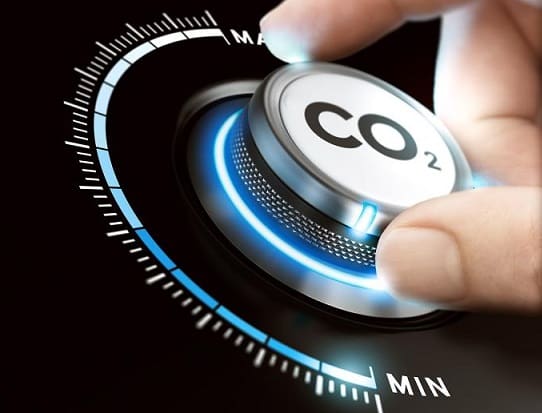
As the macro environment continued to be turbulent, negative-feedback in commodity market has also been given out. For example, front-month contracts of PSF and cotton showed a large fall. Cotton price has fallen dropped below pre-holiday price, while PSF one was in range-bound at the level before CNY. Obviously, the bull market has faded.Petrochemicals rPETRecycling CrudeOil
VSF plants maintained offers at 15,600-16,000yuan/mt, but traders’ sources were much cheaper than that of plants. Some yarn mills who intended to replenish feedstock despite large price spread started to balance the profit and loss—-whether to give up the cooperation with some VSF plants temporarily. Although the viscose market was chaotic, it was controllable. In recent years, the concentration of viscose has gradually increased, and the plants had the flow of goods control capability.
As to rayon yarn, as there were many spinners and traders, whose feedstock cost, pre-sales and inventory of each spinner were different, especially in the big fluctuation, rayon yarn got more chaotic. Vortex-spun rayon yarn was a typical representative. Vortex-spun R30S was offered at 20,000yuan/mt and the traded priced lower 1,000, 2,000 or 3,000yuan/mt were timely rumored which further hit the market trading enthusiasm.
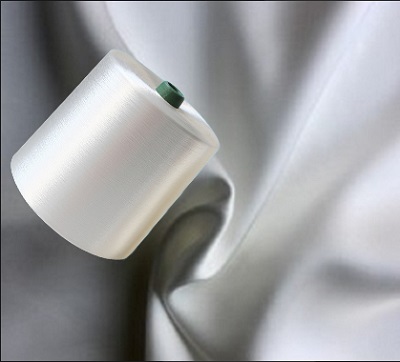
-EuPC says exemptions to the SUP Directive are not be the way forward
Albert Einstein famously said that ‘We can’t solve problems by using the same kind of thinking we used when we created them.’
That logic, while indisputable, tends nevertheless to be defeated when industry interests are at stake.Petrochemicals rPETRecycling CrudeOil
Which is precisely why, wrote the EU level trade association European Plastics Converters – EuPC – in a recent op-ed published on EurActiv, we need to be very careful in making exceptions to the Single-Use Plastic Directive.
The SUP Directive was adopted with the express purpose of tackling the problem of the waste plastic polluting the world’s oceans. It represents a key action for the achievement of UN Sustainable Development Goal 14, which calls for the conservation and sustainable ‘use of the oceans, seas, and marine resources for sustainable development’.
The plastics industry, wrote EuPC, is committed to achieving the highest environmental standards set at EU level in order to allow a complete transition to a circular economy and to guarantee a high level of environmental protection.
In recent weeks, however, various voices have been heard to question the range of items that should be covered by the SUP Directive. The paper industry, in particular, has raised concerns regarding the inclusion of polymer-coated paper products, such as cups. The limited amount of plastics used in such items, said the paper industry, does not warrant their falling within the scope of the Directive.
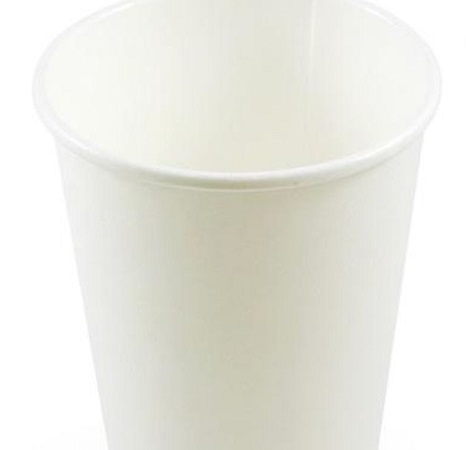
-Skepticism Mounts over Utility of Biodegradable Plastics
Yes, these materials will degrade over time. But how long will it take? And under what environmental conditions?
Over the past 20 years I’ve written much about the efforts of polymer scientists to create a plastic that will “disappear” in the environment. No matter how much money is spent on research, though, the dream of biodegradable polymers has proven elusive.
An article in the business section of the Wall Street Journal on March 20, 2021, by Saabira Chaudhuri (“Plastic Straws That Quickly Biodegrade in the Ocean? Not Quite, Scientists Say”) takes an in-depth look at why biodegradability might not offer the solutions promised. Petrochemicals rPETRecycling CrudeOil
Chaudhuri begins by examining Danimer Scientific’s Nodax, which the company claims degrades within a “few months” in ocean environments and is suitable for backyard composting.
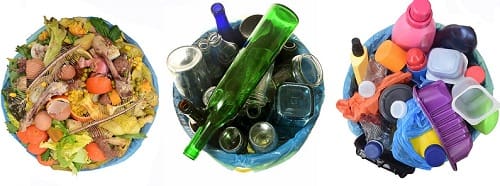
-A “barrier lake” for direct-spun PSF
Direct-spun PSF has fallen back since Mar with PSF futures down from 8,500yuan/mt to 7,000yuan/mt, a decrease of 1,500yuan/mt or 17.6%, and spot one down from 8,000yuan/mt to 7,000yuan/mt, a decrease of about 1,000yuan/mt or 12.5%. By now, both PSF futures and spot one have retreated to the level before Spring Festival. Petrochemicals rPETRecycling CrudeOil
But it was not caused by higher inventory or worse downstream acceptance. On the contrary, direct-spun PSF plants were in short supply and downstream plants profited better compared with POY.
There are mainly two reasons behind this wave of quick decline.
After PSF futures declined, direct-spun PSF plants held firm prices due to short supply. Traditional traders partly lowered prices after gaining profits. For spot-futures traders, they were advantageous in price under trades by basis, driving spot PSF market to deteriorate quickly.
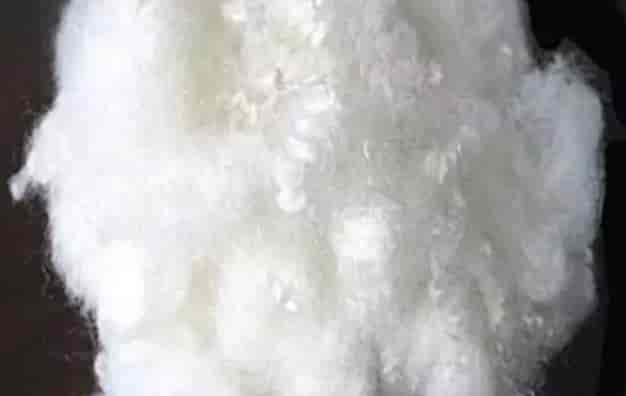
-BASF Issues Price Increases on Plastic Additives and Nylon 6
Price adjustments attributed to volatility in pricing and availability of raw materials and high freight rates.Petrochemicals rPETRecycling CrudeOil
Effective immediately, or as existing contracts permit, BASF is globally increasing the price of additives for plastic applications, including heat and UV stabilizers, antioxidants, processing aids, lubricants and pigments) by up to 20%. The company attributed the price adjustment primarily to the significant volatility in pricing and availability for essential raw materials and the rapid escalation of of freight rates.
BASF is also increasing prices in North America for its nylons and intermediates. increase prices for polyamide polymer and intermediates. Prices of nylon 6 and caprolactam are being increased by 15¢/lb and copolymer by 18¢/lb.
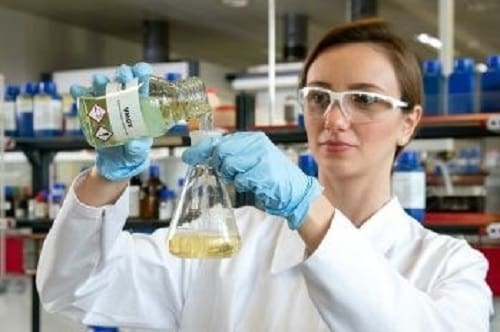
-PanzerGlass™ launches ClearCaseColor™
The case comes in six unique colors with antibacterial technology proven to kill up to 99.99% of most common surface bacteria.
Dubai, UAE: PanzerGlass™, one of the leading screen protection brands in the world launches ClearCaseColor™ , its latest range of antibacterial limited edition clear color smartphone cases in the region. Petrochemicals rPETRecycling CrudeOil
Made from PanzerGlass and colored flexible TPU (thermoplastic polyurethane) materials, the case back is made of four layers and an extra strong honeycomb pattern to enhance shock absorption providing 25% improved scratch resistance compared to first-generation of ClearCases. The case matches all buttons for easy and full access to all functionalities. It also features slightly swelling bumpers in all corners to enhance protection. ClearCaseColor™ is compatible with MagSafe wireless charging.
Combining cutting edge technology with contemporary aesthetics, PanzerGlass™ ClearCaseColor™ allows users to properly display the original look of their device, while expressing themselves via a selection of trendy hues. The cases come in different colors of True Blue, Mandarin Red, Orange, Rose Gold, Satin Silver and Racing Green, and will appeal to consumers of all ages. Labelled as the strongest ClearCase™ from PanzerGlass™, it is compatible with Apple iPhone 12 devices and will protect the phone’s beautiful design.
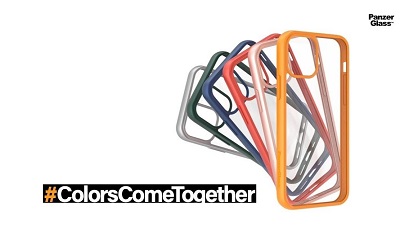
-Indorama Ventures wins best regional loan for the first-ever US$300 million Blue Loan
Indorama Ventures Public Company Limited (IVL), a global sustainable chemical producer, has been awarded ‘Best Regional Loan’ in the manufacturing sector for its US$300 million Blue Loan – the first of its kind granted to a plastic resin manufacturer.Petrochemicals rPETRecycling CrudeOil
The award was announced at ‘Triple A Sustainable Capital Markets Regional Awards 2020’ virtual ceremony organized by The Asset, Asia’s leading financial magazine. This recognition reflects IVL’s commitment to being at the forefront of businesses striving for a sustainable future.
The Blue Loan, which exclusively focus on addressing marine plastic pollution, comprises US$150 million senior loan from the International Finance Corporation (IFC) and parallel loans of $150 million from the Asian Development Bank (ADB) and Deutsche Investitions-und Entwicklungsgesellschaft (DEG). IVL will utilize the fund to promote a circular economy by enhancing capacity of IVL’s PET recycling plants in Brazil, India, Indonesia, the Philippines and Thailand following its sustainability goal of achieving 750,000 metric tons of PET recycling globally by 2025. The fund will also help the company invest in other climate-related initiatives.
The board of editors at The Asset, said, “The blue loan represents the latest environmental initiative by corporates such as Indorama Ventures, which will divert plastic waste from landfills and oceans, thus contributing to a better environment.”

Petrochemicals rPETRecycling CrudeOil
Bioplastic rPETRecycling CircularEconomy 27-03-2021
